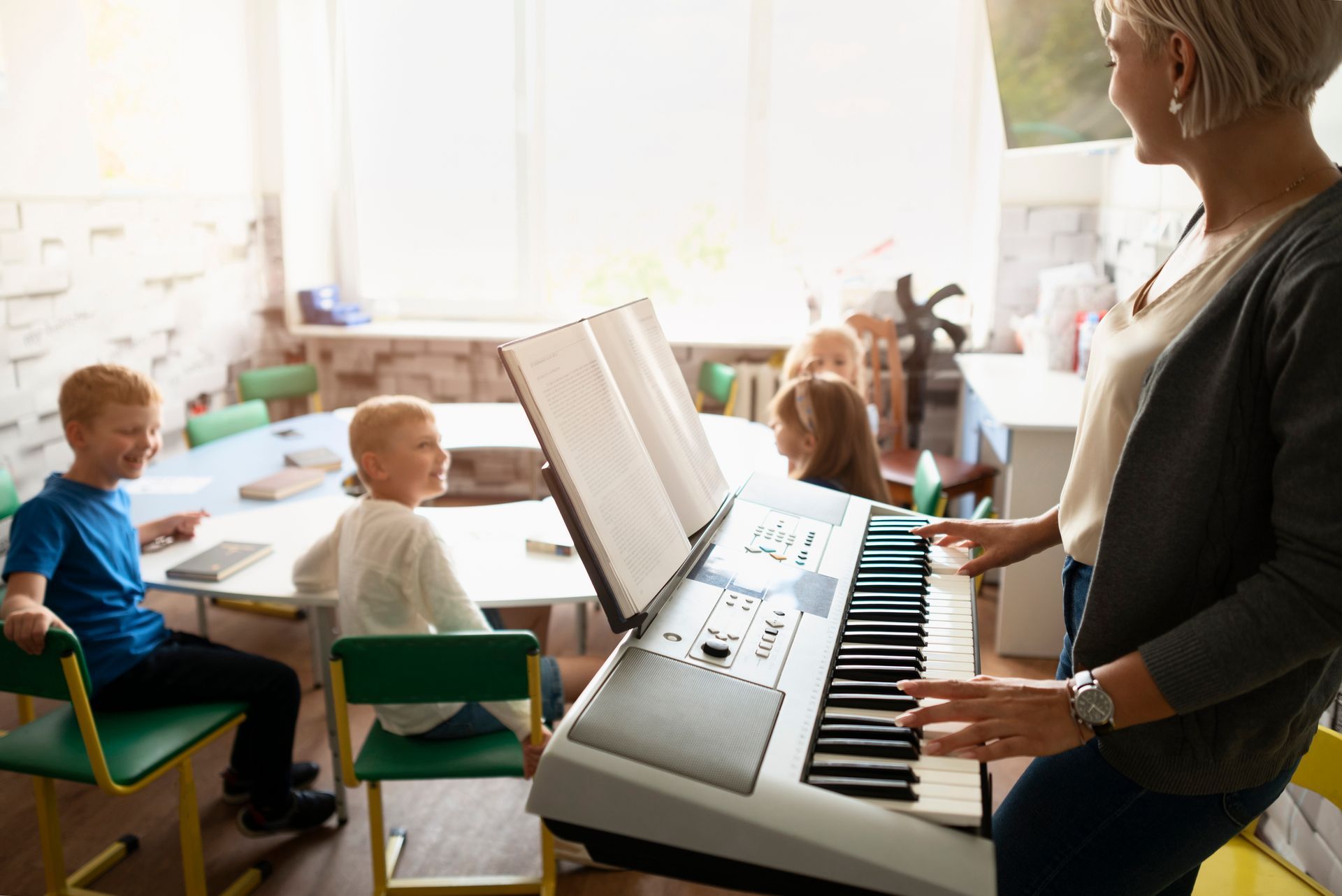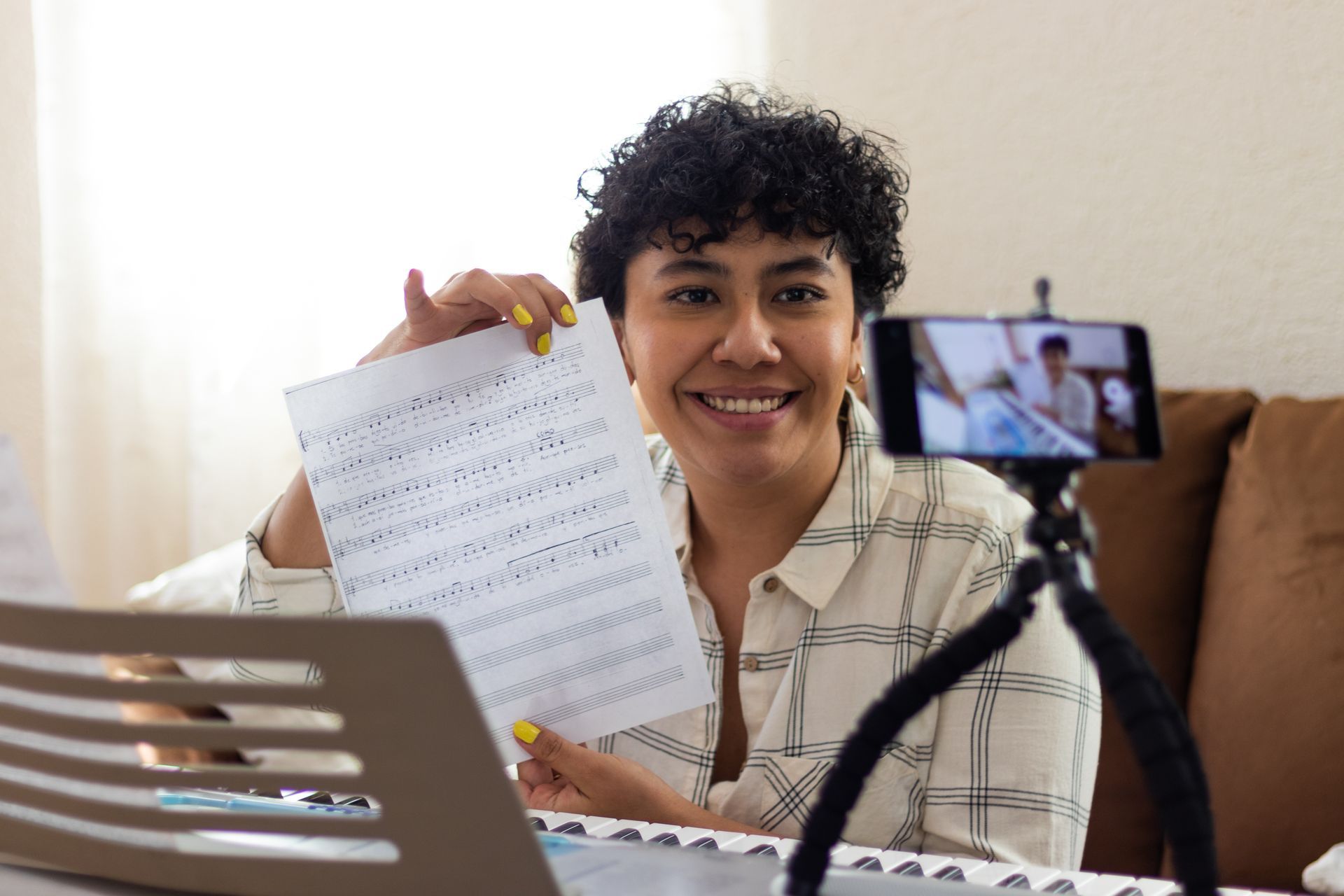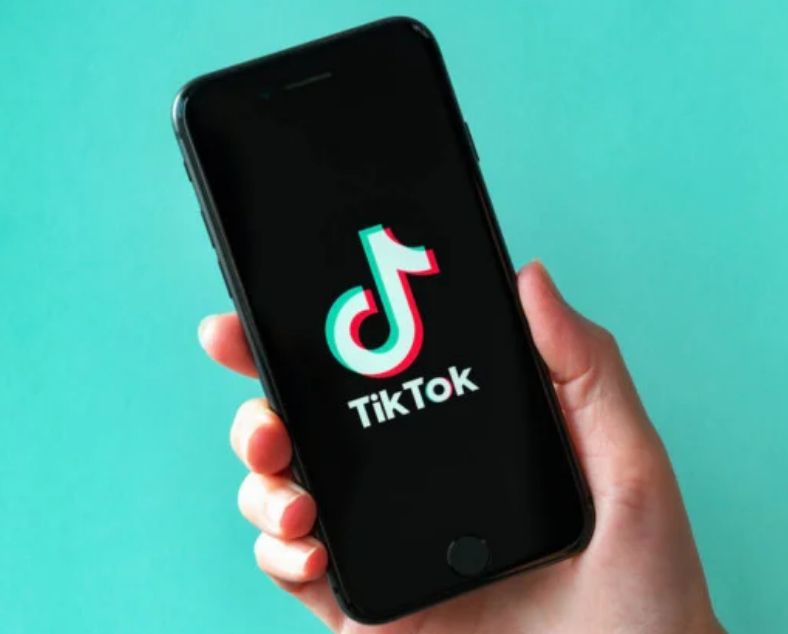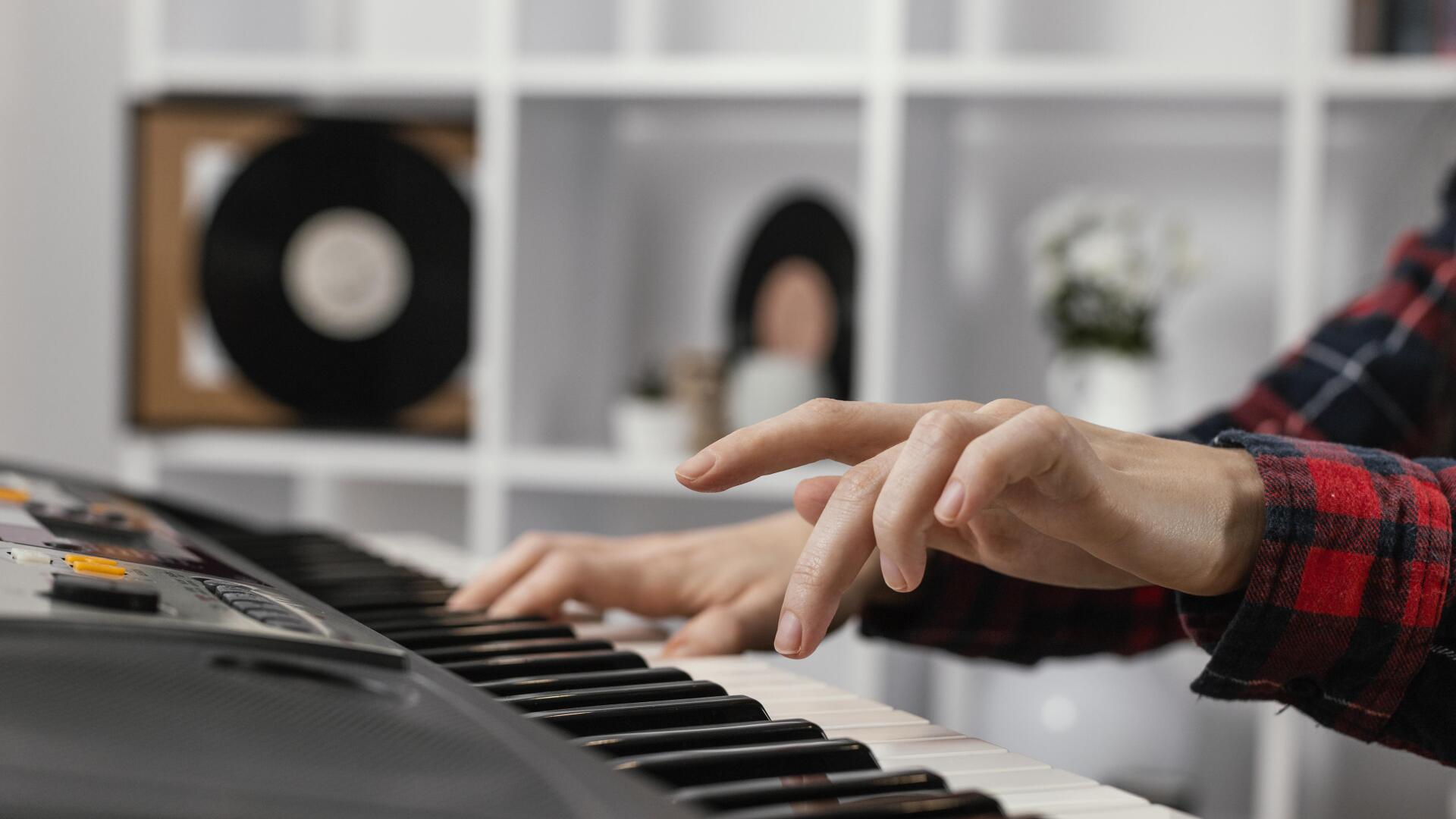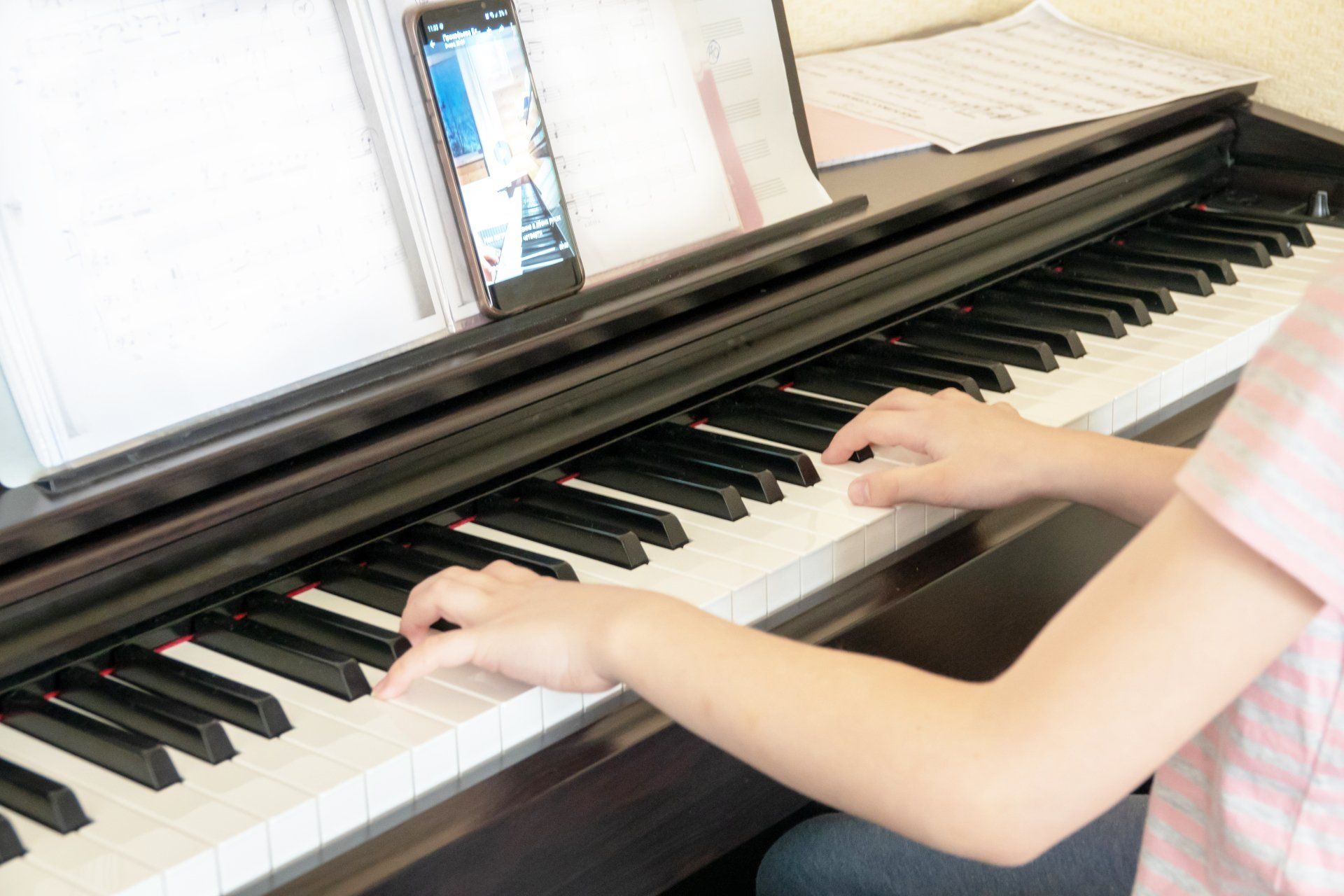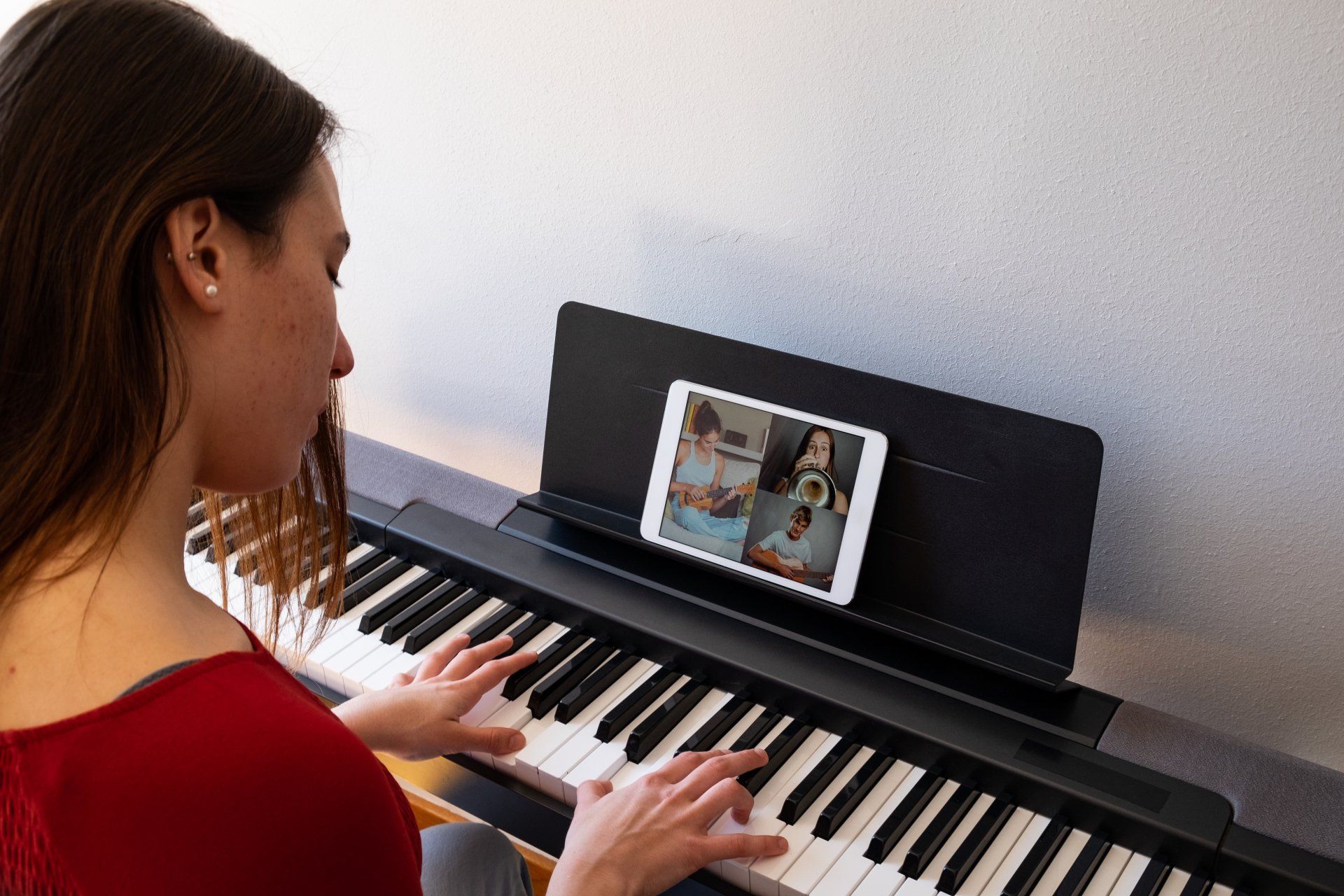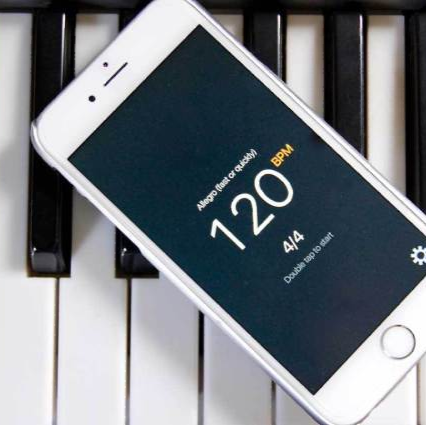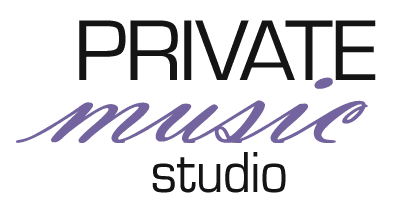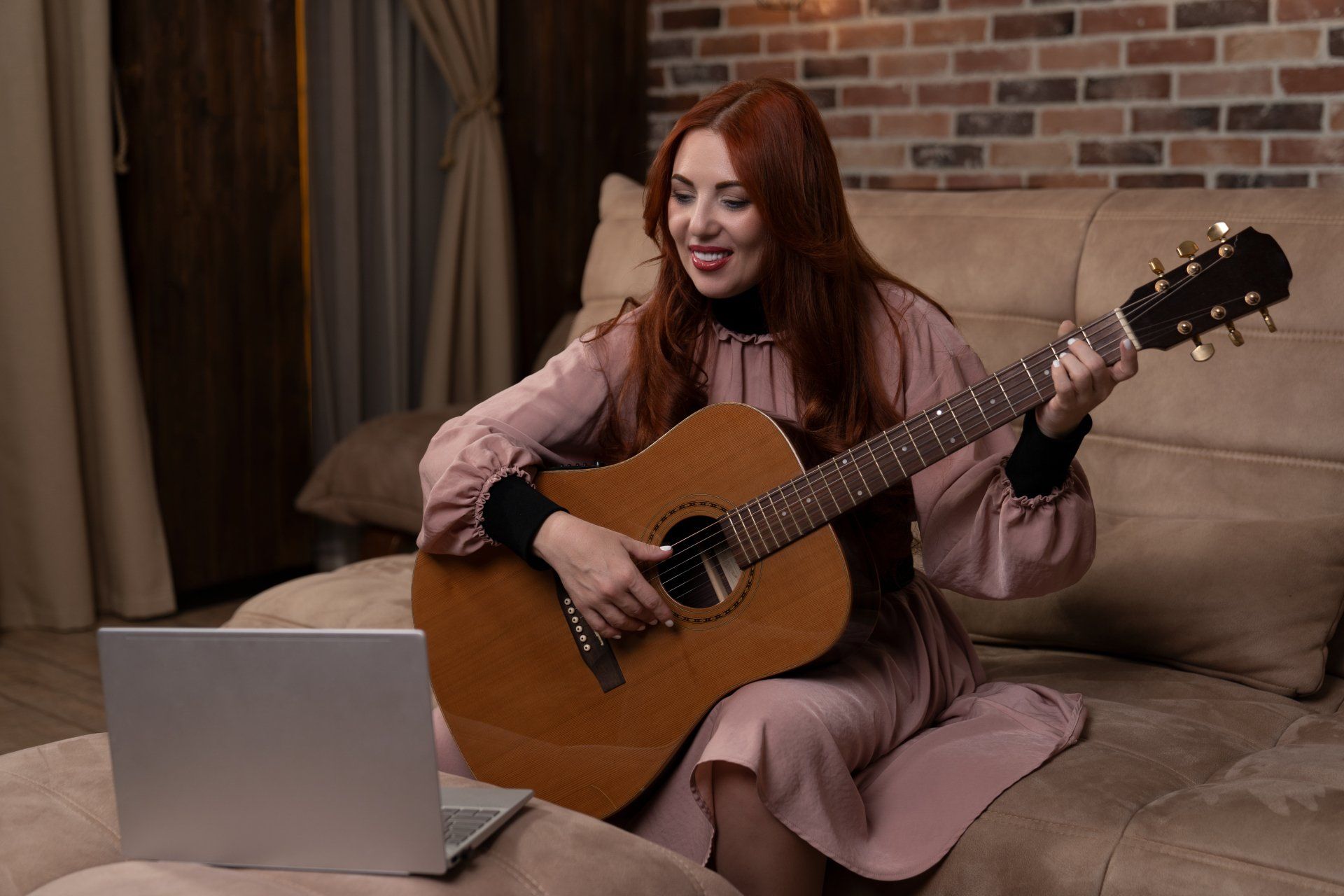As Easy As ABC: How Private Music Teachers Can Save Music Education
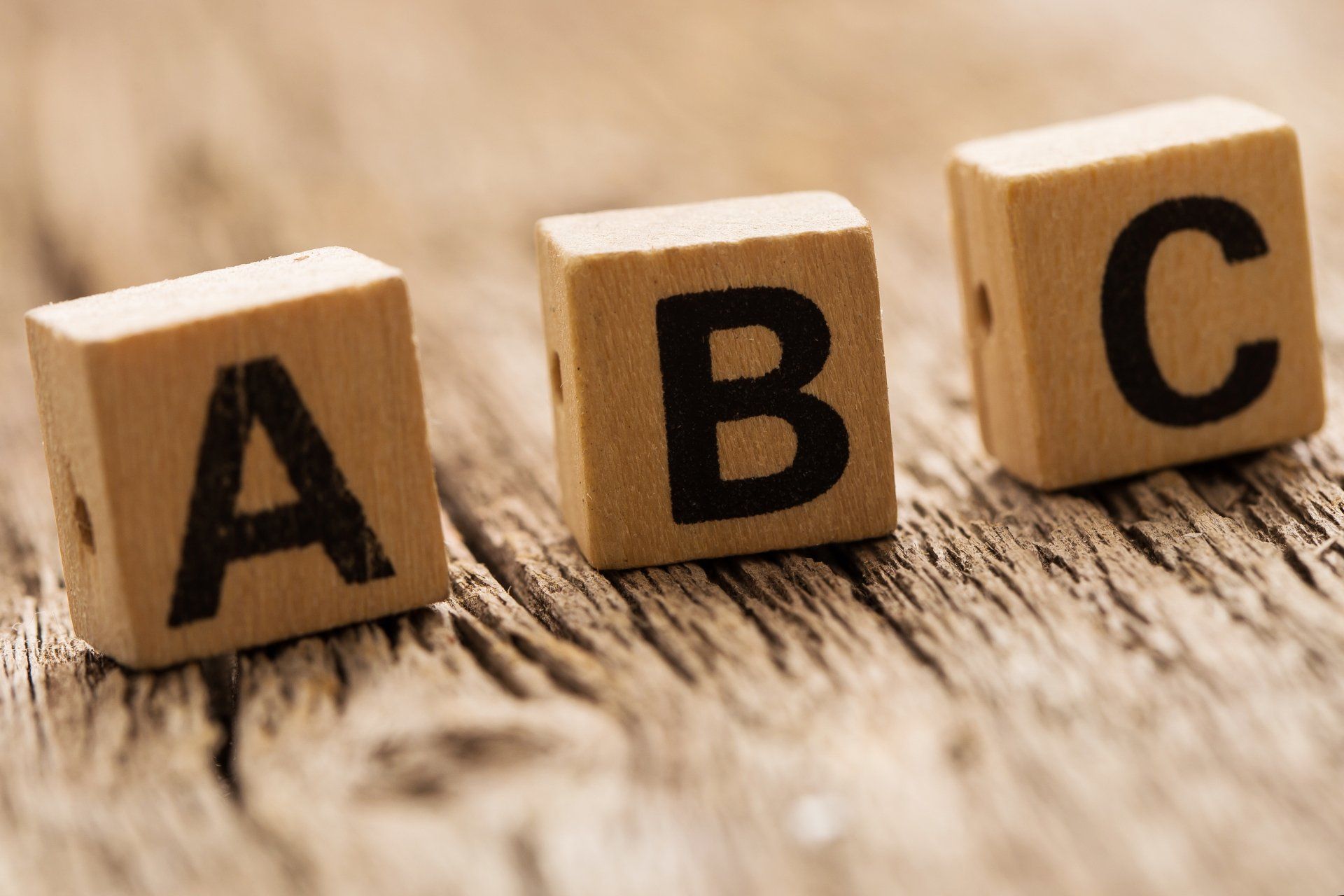
Private music teachers are determined to turn up the volume when it comes to increasing accessibility and availability to music education. Traditional music education programs are either losing funding or music programs are frequently on the chopping block in public schools. But this problem is solvable. If we think more deeply about the profession we proudly call music education, we see the ways in which private music teachers can seamlessly bridge the gap and save music education.
The research is clear that students of all ages and ability levels can benefit from music education. Music education has been closely associated with enhanced language skills, increased cognitive ability, a boost in creative thinking, and strengthened problem-solving skills.
Private music teachers know the value of music education, and private lessons provide students with focused one-on-one time. Having a private lessons teacher to help answer specific questions or teach concepts students want to study is invaluable. With private lessons, there’s increased flexibility and personalization.
COVID-19 created more opportunities for the use of technology in the course of private music education. It is important to encourage students to embrace the constant evolution of culture and technology. Technology paves the way for private music educators to focus on the topics that underlie the hardware and software in use today so students can learn to work with a wide range of programs, sequencing, recording and notation software, music mixing, computer-assisted learning, and synthesis.
The music business is undergoing seismic technological and economic shifts. Private music educators should teach students to think not only as artists, but as entrepreneurs. The current times offer unprecedented potential for musicians to thrive as entrepreneurs. Private music educators can equip students to be high-level performers while also arming them with the entrepreneurial tools and business acumen they need to succeed in an evolving music business landscape.
Variety is the spice of life, and diversifying a student’s appreciation for and understanding of different music genres is beneficial. Private music educators should continue to explore various ways of teaching a broad range of music genres, recognizing a blend of traditional and non-traditional pedagogies that engage learners. Encouraging students to learn different kinds of music styles can help aspiring musicians expand their horizons. Please don't alienate students by rejecting any style of music as illegitimate. Use original, modern, and varied genres of music rather than the outdated material often presented in method books.
In a prior blog post, I wrote about how adults are one of the fastest-growing demographics of music students. Private music teachers can help save music education by embracing every age and ability level of their students. Adults are increasingly embracing musicianship late in life and they are making music education a priority.
There are many ways for your students to take what they learn in private lessons and share it with their community through music making events. This will further their music education by creating an open, inclusive, and diverse culture of “us” that treats music as a language to facilitate and foster a deeper sense of community. Talented music students are often able to take advantage of performance opportunities in the larger community. Performance represents an essential part of a student’s musical growth. Community engagement and performance fills an important role in your student’s music education.
Music education can not just survive but thrive with the help of private music teachers.
